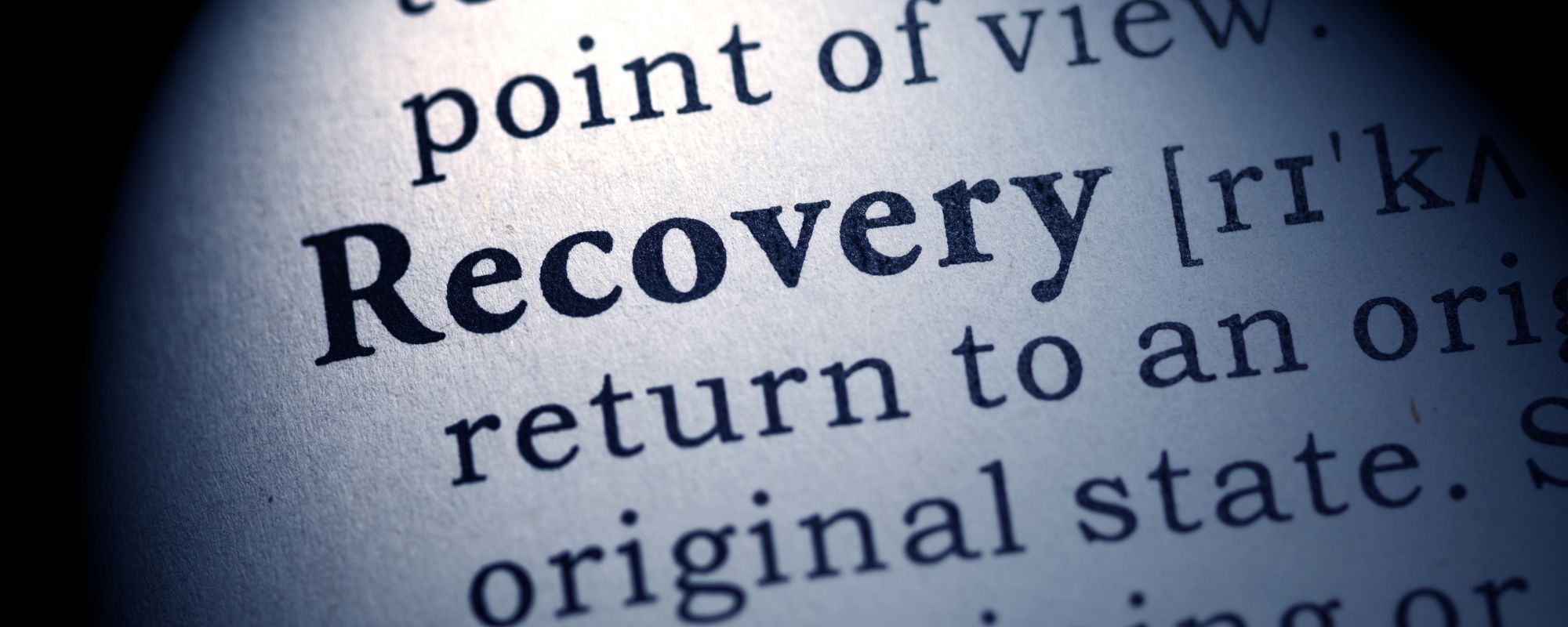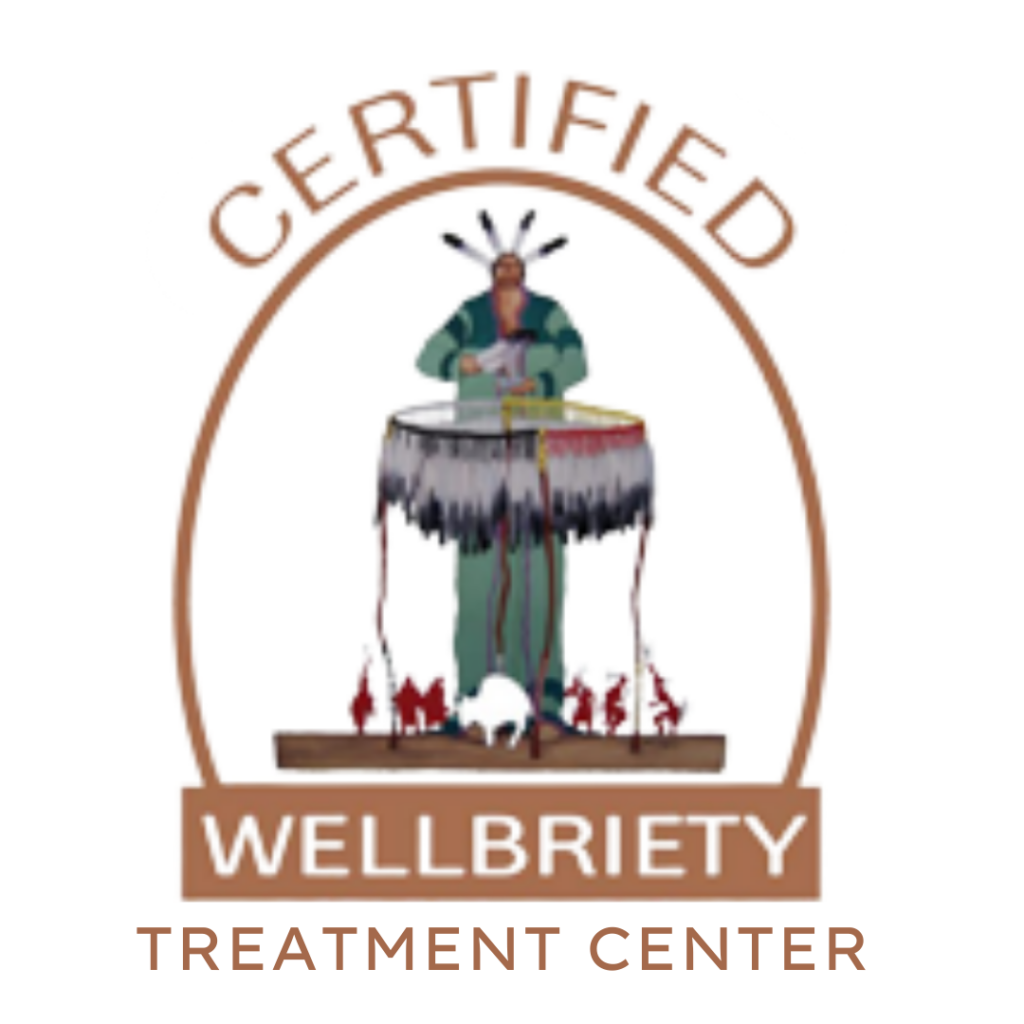Selfishness has an undeniable negative connotation. However, there exists a plane of selfishness— a range that includes both healthy actions and unhealthy actions resulting from the concept of being selfish. Sometimes, you must be selfish when it comes to putting yourself and your best interest above others in certain situations; while this is true, selfishness can be damaging in other situations. The balance and discretion is found through experience, trial and error, cause and effect.
Empathy or Dependency?
If you are a parent (particularly a mother), you may have spent a lot of time and emotional energy “living inside” your children—meaning feeling their feelings, suffering their pain, worrying out their decisions. Mothers in particular are so empathic with their children that they almost automatically hurt when their child is hurt.
One mother whose daughter was having emotional problems over her weight said to the family therapist, “When my daughter gets up in the morning and gets on the scales, if she comes out of the bathroom frowning I know I’m going to have a bad day.” The therapist responded, “No, it means she’s going to have a bad day.”
This is the distinction that dependent parents must learn to make, to withdraw and separate their feelings—not their concern or their interest or their sympathy, but their feelings from their children’s. If you are so closely enmeshed with your child, that you can’t be even the least bit objective, you are going to be crippled in your efforts to help that child solve problems or to solve your own.
The Range of Selfishness
An important lesson you need to learn is the difference between healthy selfishness and egotistical selfishness.
It is necessary for recovery that you be selfish in the sense that you ask yourself first and foremost what will be best for your recovery, and that you concern yourself with others only if your decisions or actions will hurt them.
Chemically dependent people have a lot of work to do toward rebuilding their lives and rediscovering who they are; they have to simplify their thoughts and actions and stop trying to involve others and control others. If you run yourself crazy worrying about every single possible ramification of your actions, many of which won’t happen anyway, and most of which you can’t control in the first place, you will very quickly find yourself seeking relief from your old “friend” the chemical. You have to learn to mind your own business and take care of your own business and to realize that the whole world does not revolve around you.
This is part of the work of recovery. It turns out to be far less selfish than it may seem when you realize that if you take care of your own needs in recovery, everybody close to you will be better off. Despite the need to help others in recovery, you cannot properly help others until you help yourself.
Reach Out
If you or a loved one wants to learn more about our substance abuse programs, please reach out to us today. Our admissions team is available 24/7 at (877)-RECOVERY or 877-732-6837 to answer your questions. Because We Care.
























